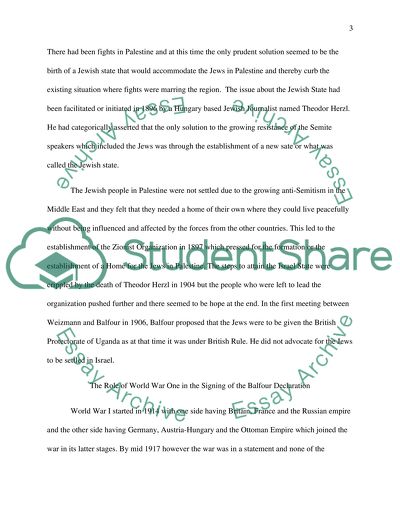Cite this document
(“Britain and the Creation of Israel Research Paper”, n.d.)
Britain and the Creation of Israel Research Paper. Retrieved from https://studentshare.org/history/1641540-britain-and-the-creation-of-israel
Britain and the Creation of Israel Research Paper. Retrieved from https://studentshare.org/history/1641540-britain-and-the-creation-of-israel
(Britain and the Creation of Israel Research Paper)
Britain and the Creation of Israel Research Paper. https://studentshare.org/history/1641540-britain-and-the-creation-of-israel.
Britain and the Creation of Israel Research Paper. https://studentshare.org/history/1641540-britain-and-the-creation-of-israel.
“Britain and the Creation of Israel Research Paper”, n.d. https://studentshare.org/history/1641540-britain-and-the-creation-of-israel.


